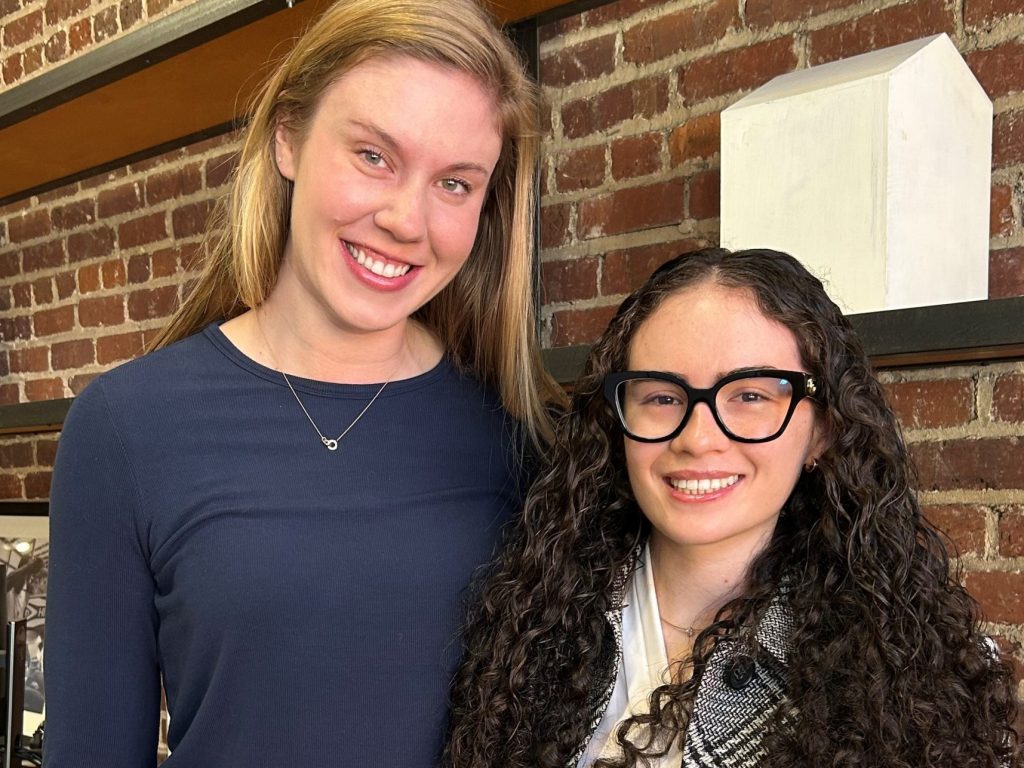RALEIGH – Campbell Law School students have successfully intervened to prevent the eviction of a disabled woman after her landlord sought to remove her due to issues stemming from her disability — an action that would have jeopardized her Housing Choice Voucher (formerly “Section 8”) and left her at risk of homelessness.
Alyssa Giorgino ‘27 and Margaret Ireland ‘26 were enrolled in the Fall 2025 section of the Civil Track of the Blanchard Community Law Clinic (BCLC) taught by Assistant Clinical Professor Laura Clark.
Giorgino conducted an in-depth client interview and identified legal defenses under both North Carolina and federal law, including the federal Fair Housing Act. Ireland and Clark then prepared arguments and presented them at trial. The court granted the Clinic’s motion to dismiss the landlord’s case, preserving the client’s housing voucher and securing her continued housing stability, Clark said.
“The case not only secured the client’s continued housing stability but also highlighted the clinic’s commitment to holistic advocacy through both courtroom representation and fair housing enforcement,” Clark explained.
Ireland added, “It was powerful to see how a technical legal argument could make such a real difference for someone’s stability and access to housing, but also sobering to realize that without legal representation, this vulnerable client likely would have lost her home and her housing subsidy.”
Housing Choice Vouchers are federal subsidies paid directly to private landlords by a Public Housing Authority to help low-income households afford private market rental housing that is decent, safe and sanitary, Clark said. Because the subsidy is tied to the tenant’s compliance and housing stability, an eviction can trigger termination of the voucher, effectively cutting off the tenant’s access to affordable housing. Waitlists for Housing Choice Vouchers are notoriously long, often stretching from several months to multiple years, depending on the region and available funding. Once a voucher is lost, there is rarely an immediate opportunity to reapply.
“This reality leaves many vulnerable individuals and families, particularly survivors of domestic violence, people with disabilities, and single parents, at risk of homelessness or forced to move between temporary shelters, motels or unstable living arrangements,” Clark explained. “The stakes in eviction cases involving Voucher recipients are therefore extraordinarily high.”
“The Clinic has greatly improved my legal research and writing abilities, and it’s amazing to see how the Clinic’s work has a positive impact on local members of the community,” Giorgino added.
The Blanchard Community Law Clinic’s Civil Track is open to second- and third-year law students in the fall, spring and summer semesters. Learn more at this link.

